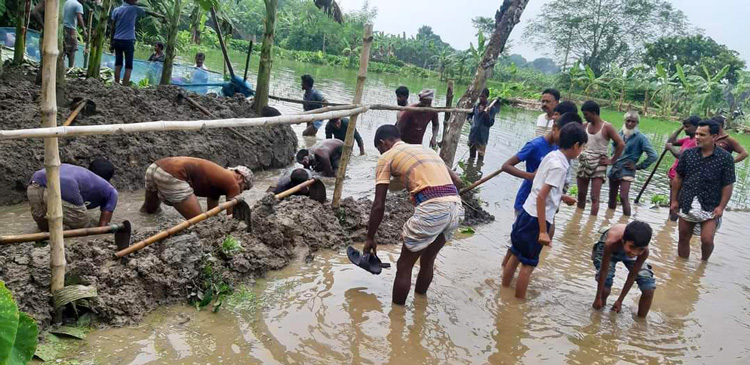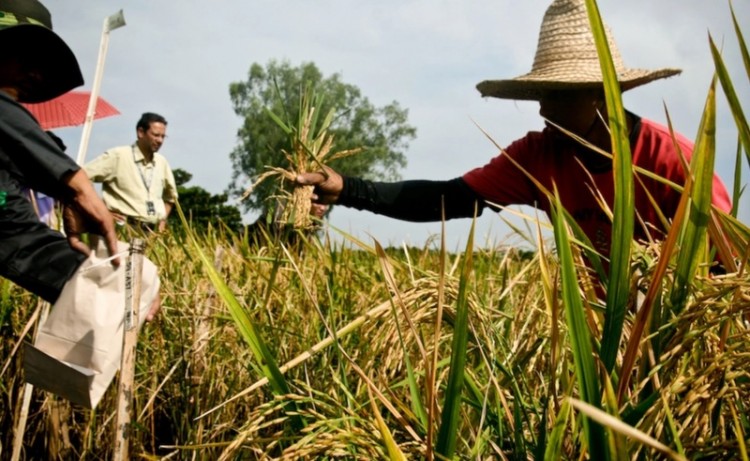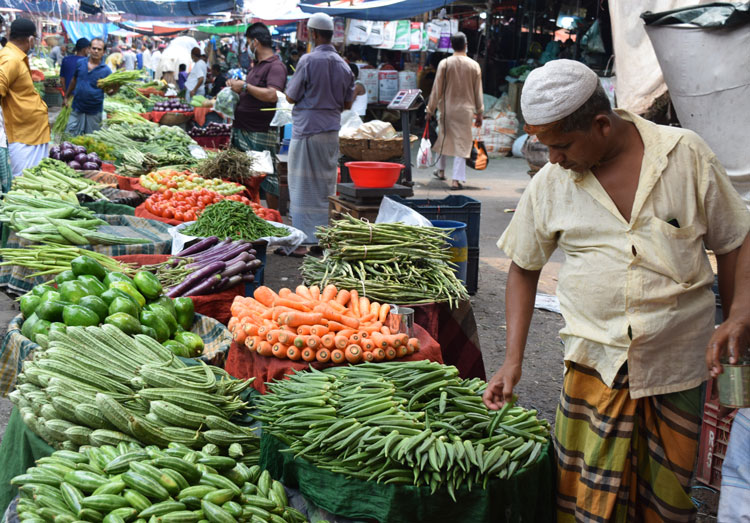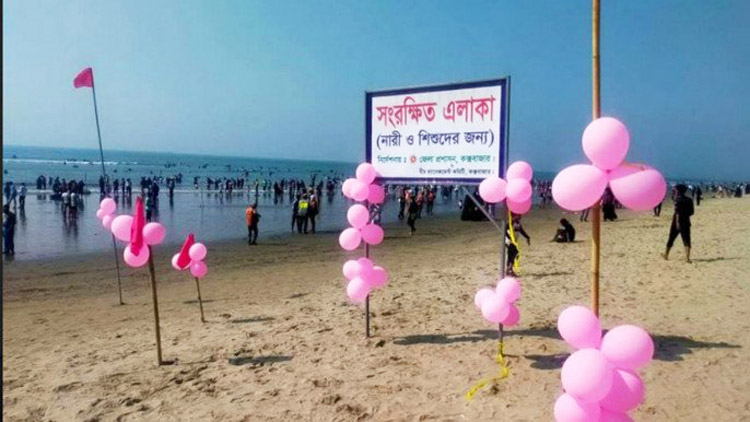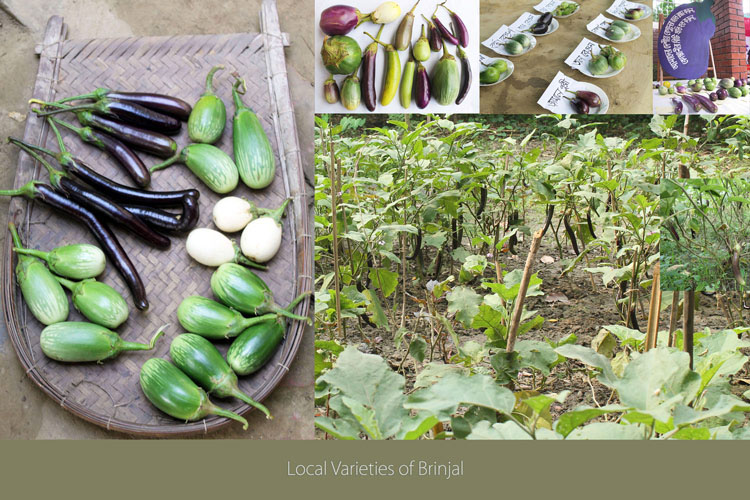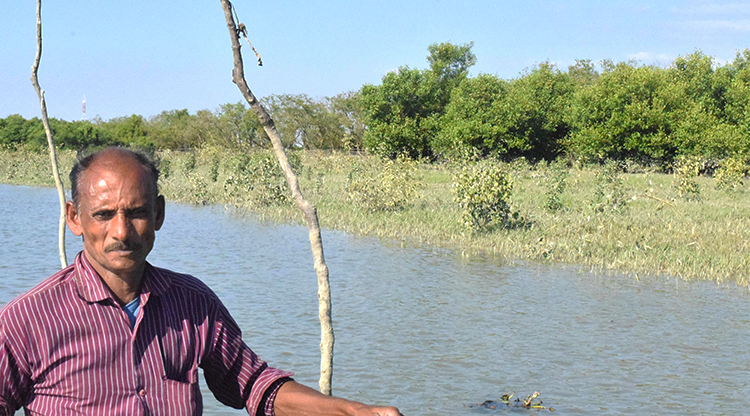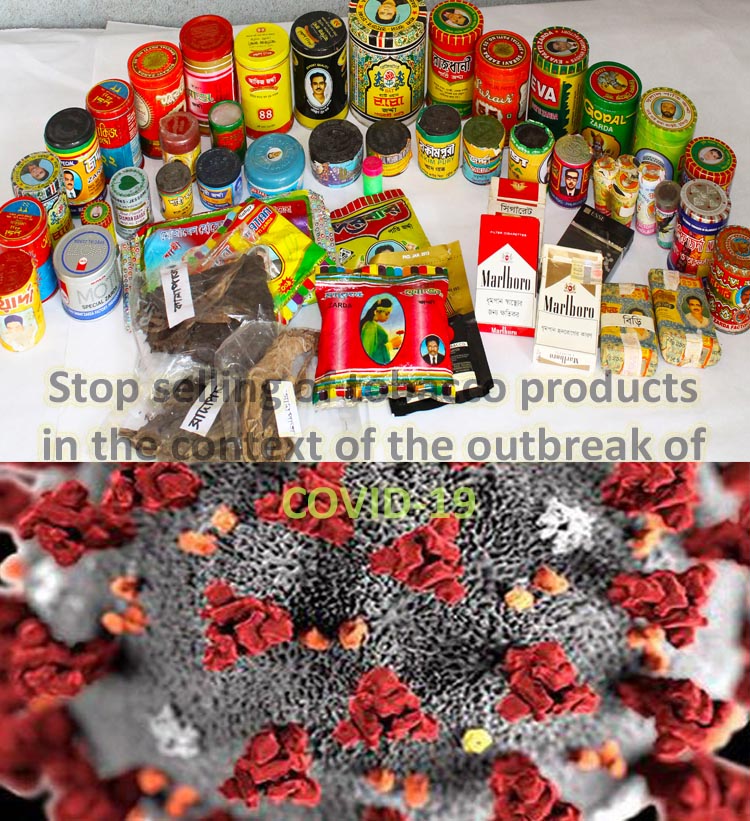Microbes are the life of Soil
Microbes are the base for all life forms on earth. Microbes act on air, soil, water, plants and all other items on earth. Microbes are intimately linked with all sorts of vibrant activities. Microbes are an inseparable entity in the web of life.
Microbes play significant role in growth and development of higher plants. Soil microbes play vital role in maintaining healthy and fertile soil, playing crucial role in nutrient recycling, decomposition, plant growth, ultimately supporting agricultural production and ecosystem maintenance. They are linked with nitrogen and carbon cycles. Microbes help in manufacturing oxygen and carbon diox (Read More)
Maria Mies - A Call to Recall
Maria Mies, a thinker, a scholar, a feminist, a sociologist, a philosopher, an ecologist, a friend, a comrade, a commoner, an anti-colonial, anti-patriarchal, anti-capitalist organizer and activist.
She fought to break through all these divisions to reaffirm and help redefine what it could mean the notion of an organic intellectual, what could mean a life of acting and thinking together, developing a praxis that at one turn would realize and another speculate and theorize, in tandem, without ever succumbing to academicism or to a form of actionism devoid of a deeper experimentation and inquiry into what it is to live, to live togeth (Read More)
Farmers Crop Saved by Digging Canal in Group
There was rain continuously from 14-18 September. This rain was expected by the farmers after a long period of drought. Crops in five villages were inundated due to continuous rain for a few days. These villages included Sharutia, Hanul para, Parashidhai, Hatigara and Tongboyra of Atghoria upazila, district Pabna. Hyacinth bean, brinjal, cauli-flower, cabbage, chili, red amaranth were there in the field. The problem of the farmers was not due to rain but because of blockage of drainage.
We could not grow aman paddy this year for for lack of rain in Ashar-Srabon (mid June-mid August), mentioned Nayakrishi farmers, Sadar Ali and Altaf (Read More)
GMOs in Asia: What’s happening and who’s fighting back?
From genetically modified rice falsely proclaimed to fight malnutrition, to tomatoes meant to help relaxation, the corporate interests behind new and old biotechnology is being disguised as panaceas for humanity’s ills: climate change, malnutrition, stress and more.
Given society’s desperate need for solutions, the corporate sector hopes their GMOs can gain public support and easily dodge biosafety regulations. In Asia, where the promotion of genetically modified plants and foods is being pushed forcefully not only by agribusiness, but also by publicly-funded institutions, this is resulting in the persistent change of la (Read More)
Price of crops: Lack of Policy environment for small scale farmers
Agricultural product marketing
According to information from the government officials, the Agricultural Marketing Department was established in 1928 and still follows the old colonial laws. How an Agricultural marketing law 2018 was enacted by the government for price fixation of agricultural commodities. There is an option for price fixation at farmers’ level, retail level, in fact, in every level of marketing channel. This is a recent development, yet to be implemented at all levels.
The Department of Agricultural Marketing suffers from limited reach out to the farmers. This depar (Read More)
Is Bangladesh a ‘women-unfriendly’ country?
While it is claimed in development literature that Bangladesh has progressed a lot in gender equality, patriarchal systems should be overhauled where women are either cheap labour or serve patriarchal institutions
Let me refer to a few incidents for which questioning whether Bangladesh is 'unfriendly' to women may not appear irrelevant. Among many others, the latest one is the case filed against a sitting Member of Parliament, Dr Murad Hasan, an ex-State Minister, by his wife, alleging physical and mental torture, the use of abusive language and death threats.
The wife, (I do not want to mention her name), had to call 999 as (Read More)
Governments of the world and leading international institutions gathered at COP 26 in Glasgow
It is past time to commit, here and now, to achieving Real Zero, through real reductions and real solutions, rapidly and permanently. We don’t want any more of your far-off and empty Net Zero pledges.
We don’t want to read about your promises to supposedly balance the emissions budget by mid-century, using techno-fixes, geoengineering, carbon markets, and accounting tricks. We want to know what you are doing today to eliminate the major sources of emissions — fossil fuel production and use, deforestation, and industrial agriculture — which are not only warming the planet, but also poisoning f (Read More)
Over 700 Civil Society Groups Demand Real Climate Solutions, Not Net-Zero Promises
Glasgow – As global climate talks get underway in Scotland, 725 groups from nearly 100 countries are calling on governments and leading international institutions to end reliance on hollow “Net Zero” promises and commit to specific, ambitious, and immediate actions to bring emissions and fossil fuel production down to Real Zero, consistent with science and equity.
The joint statement comes as many governments and corporations arrive at COP26, touting Net Zero pledges premised on mid-century emissions targets, offset-based carbon accounting tricks, and illusory and dangerous technologies like carbon capture, blue hy (Read More)
Mandatory fortification is not a solution to malnutrition
Feeding people and solving malnutrition are two major market opportunities for the big corporations and philanthro-capitalists. The transformation of the food system is urgently needed to feed everyone in this globe
The global actors in the food business are now busy finding or creating markets for industrial food products. Countries with a large population, where laws and regulatory authorities are absent or weak, are generally the targets. Categories such as 'nutrition,' 'micro-nutrients,' etc play a role in constituting new corporate markets.
These categories implicitly suggest that agriculture, and farming communities can (Read More)
Local Varieties of Brinjal at Delduar Tangail And Ishwardi Pabna Report 2020
Local Varieties of Brinjal at Delduar, Tangail
Date: 12 September, 2020
BRINJAL IS GROWN IN RABI AND KHARIF SEASONS
RABI SEASON:
Six varieties are grown in Rabi season. These include: 1. Kalo Lamba begun, 2. Shoila begun, 3. Jhumka begun, 4. Sada begun, 5. Lafa begun, 6. Singnath begun.
1. Kalo Lamba begun:
Geographical distribution:
Jamalpur, Tan (Read More)
Every day is Earth Day in God’s world
It’s Earth Day
In the middle of such a large generational phenomenon that is COVID-19, let’s not forget how this is affecting people all around this earth. The huge impacts of this pandemic on our health, our families and our finances are even more devastating for those without homes; without a regular supply of soap and water; without money, a job or food.
Yet COVID-19 is hardly our only health crisis. There are 400,000 deaths each year on the African continent due to malaria, which is preventable and curable. The rate of active tuberculosis among the Inuit is more than 300 times that of Canadian-born, non-Indige (Read More)
Demand to the Ministry of Health and Family Welfare to prohibit the sale of various tobacco products for causing health risks amid the outbreak of novel Covid-19 virus
Eighty-nine women, including artists, physicians, teachers, NGOs, lawyers, labour leader, writers issued a statement to the Secretary, Ministry of Health & Family Welfare on 8th April, 2020 demanding to stop selling of tobacco products in the context of the outbreak of COVID-19.
We, the members of Tamak Birodhi Nari Jote (TABINAJ), the Women’s Alliance in Tobacco Control have long been working against the negative impacts of tobacco consumption. At present, we are very much concerned about the spread of Coronavirus in our country. We all know that (Read More)
Dai ma conference, 2014
Dai self-assessment: want to improve services for reducing maternal & infant deaths
On 14th March, 2014 the traditional birth attendants (Dai) from 14 districts came to Kushtia to attend the Dai ma conference held on 15th March. Thirty six women came from various districts, including those as far as southern part of the country, Cox’sbazar, travelling in bus for over 18 hours and some from the northern district, Kurigram, where the Dai mas had to cross the big Brahmaputra river for two hours and another 9 hours from Chilmari to Kushtia by bus. Each and every Dai had tr (Read More)
Resistance against Golden Rice
Resistance against GOLDEN RICE in Bangladesh
Brief Background
In addition to the reasons for which GMOs are opposed globally, the peasants of Bangladesh have their unique position to fight against it: GMOs directly threaten their present practices and interest, without offering any agronomic value. Peasants of Bangladesh have already demonstrated a better way to enhance both productivity and agro-biodiversity. GMOs are not only detrimental to the agriculture of Bangladesh it will also destroy the science and the new knowledge pract (Read More)


